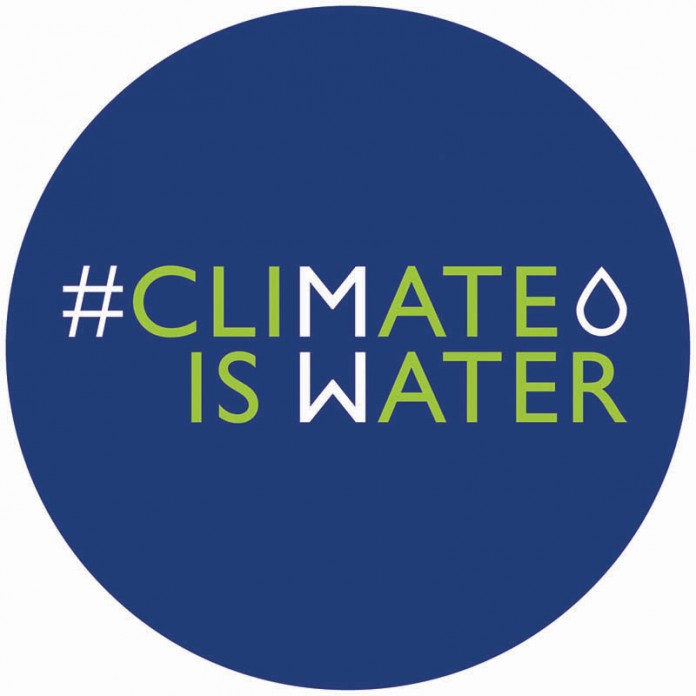
In a bid to elevate the recognition of water within the discussions during the COP21 meeting last December and upcoming international events on climate change, the international water community has joined forces to launch the #ClimateIsWater Initiative.
“Through information sharing, development of common messaging, and awareness-raising activities, much more attention was given to climate and water issues at the COP21 meeting than in the past,” Benedito Braga, president of the World Water Council, told The Source. “Each organisation has different strengths so we adopted a complementary approach to the activities that we identified together. Through a collaborative endeavour we developed an action plan with different objectives, such as developing a visual identity, messaging and information management, with a different organisation taking the lead on each activity.”
The #ClimateIsWater Initiative was created due to the concern that water had not sufficiently been taken into account by political decision- makers. Water did not figure prominently in the official COP21 agenda, or in the negotiated text, despite the fact that impacts of climate variability and change are most often manifested through, by and with water.
“Water is at the heart of both adaptation–what to do when there is too little, too much, or water of insufficient quality–and mitigation (the water needed for cleaner energy production–so not ensuring proper water resources management in the face of climate change puts our future in jeopardy,” added Braga. “Instead of being viewed as a problem with a high price tag, good water management needs to be considered as a solution to climate challenges that actually saves money in the long run.”
The #ClimateIsWater Initiative is a collective effort from over a dozen prominent members of the international water community, including the Alliance for Global Water Adaptation, French Water Partnership, Global Water Partnership, International Network of Basin Organisations, International Union for Conservation of Nature, International Secretariat for Water, Stockholm International Water Institute, UNESCO-IHP, Women for Water Partnership, and the World Water Council, which led the international coordination of the initiative.








